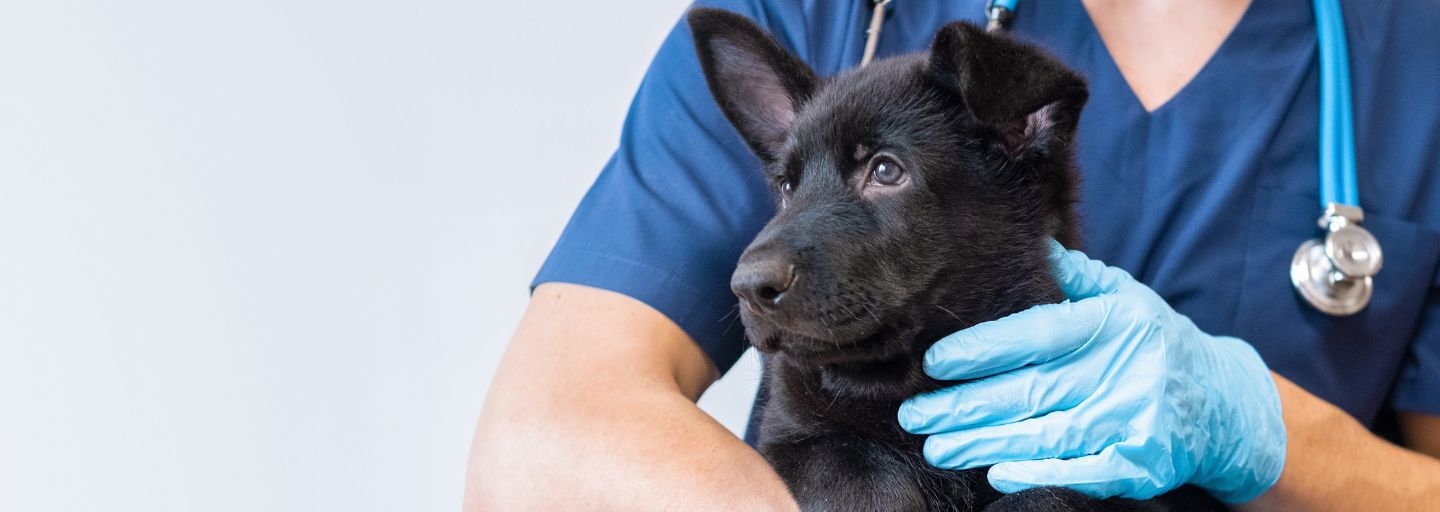When it comes to your dog's health, recognizing warning signs of illness is crucial for timely intervention. Understanding the symptoms and taking appropriate steps can greatly impact your pet's well-being and potentially save their life.
Dogs are masters at concealing discomfort, which can make detecting illness challenging. It is important to observe for subtle signs that may indicate potential health issues. However, it is always recommended to consult a veterinarian for a proper diagnosis and treatment plan, rather than relying on self-diagnosis from unreliable sources.
Look out for these symptoms that may indicate your dog is unwell:
- Persistent Diarrhea or Constipation: If your dog experiences ongoing digestive issues, especially if there is blood or mucus present, it is important to seek veterinary attention. These symptoms can be signs of underlying gastrointestinal problems or infections.
- Frequent Vomiting, Choking, or Sneezing: Allergies or infections can be the cause of these symptoms. If your dog is experiencing these issues regularly, it is important to consult with your veterinarian to determine the underlying cause and appropriate treatment.
- Refusal to Eat for Over 24 Hours: A dog that refuses to eat for an extended period of time may be indicating a problem. Loss of appetite can be a sign of various health issues, and it is important to have your dog evaluated by a veterinarian to determine the cause and provide necessary treatment.
- Excessive Thirst or Urination: If your dog is drinking an unusually large amount of water or urinating more frequently than usual, it may indicate an underlying health issue such as diabetes or kidney problems. Seeking veterinary attention is important to properly diagnose and manage these conditions.
- Red or Swollen Gums, Bad Breath, Gum Disease: These symptoms can be signs of gum disease, which can lead to tooth loss and weight issues in dogs. Regular dental care and professional cleanings are important to prevent and treat gum disease.
- Yelping During Urination, Hunching, or Blood in Urine: These signs may indicate urinary issues such as urinary tract infections or bladder stones. It is important to have your dog examined by a veterinarian to determine the cause and provide appropriate treatment.
- Sneezing, Runny Eyes/Nose, or Breathing Difficulties: These symptoms can be indicative of respiratory problems, such as infections or allergies. Seeking veterinary care is important to properly diagnose and manage these conditions and ensure your dog's respiratory health.
- Itchy, Flaky Skin or Persistent Itching: These symptoms may point to allergies or flea bites. Proper diagnosis and treatment by a veterinarian can help alleviate your dog's discomfort and prevent further skin issues.
- Gradual Weight Loss or Gain: Unexplained changes in your dog's weight should not be ignored. It can be a sign of underlying health issues, such as metabolic disorders or hormonal imbalances. Consult with your veterinarian to determine the cause and appropriate management.
- Unexplained Lethargy: If your dog is unusually tired or lacks energy, it may be a sign of illness. Unexplained lethargy can be a symptom of various health conditions, and it is important to have your dog evaluated by a veterinarian to determine the underlying cause.
Regular veterinary visits are essential for preventing issues from escalating. Annual check-ups and vaccinations are important for maintaining your dog's overall health and well-being. These visits allow for early detection of any potential health problems and can save you expenses in the long run by addressing issues before they become more serious.
Remember, your veterinarian is your best resource for accurate diagnosis and treatment. By staying vigilant, seeking veterinary care when needed, and maintaining regular check-ups, you can help ensure your furry friend's health and happiness for years to come.
Health Information: The information on our website is intended to impart general nutrition and health information, and is not intended for diagnostic or treatment purposes. Purina is not engaged in rendering veterinary advice or services and always recommend consulting a qualified veterinarian for veterinary advice or services.







